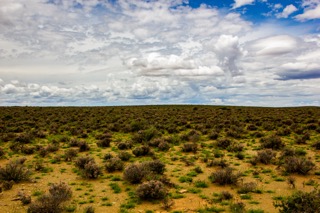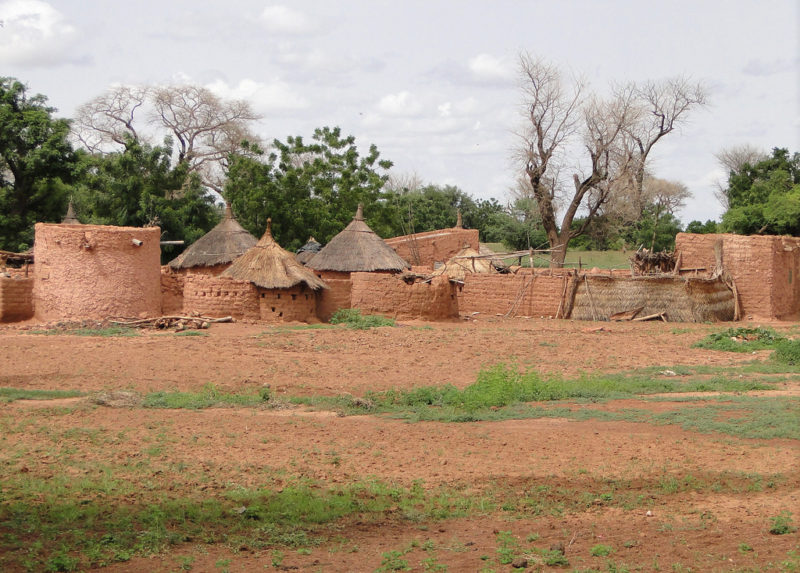- About
- Topics
- Picks
- Audio
- Story
- In-Depth
- Opinion
- News
- Donate
-
Signup for our newsletterOur Editors' Best Picks.Send
Read, Debate: Engage.
| topic: | Climate action |
|---|---|
| located: | United Arab Emirates |
| editor: | Bob Koigi |
The annual United Nations climate change conference, COP 28, kicks off today, following a year of growing climate shocks ranging from wildfires to droughts, floods, storms and earthquakes that have decimated livelihoods, destroyed critical infrastructure and altered a people's way of life.
Over the years, the conference has proven to be a crucial platform for global actors to place a pulse on climate trends, reflect on milestones achieved, discuss critical issues, and negotiate and endorse climate-related commitments in the wake of rapidly changing weather patterns.
The Conference of the Parties is significant to Africa, one of the continents that continues to bear the brunt of climate change despite being the least significant carbon emitter.
Over the years, Africa has had to contend with ravaging cyclones and floods in Southern Africa, drought and a locust invasion in the Horn of Africa, wildfires in the North and extreme rainfall in the West, leaving mass death and destruction in their wake. Nine of the ten most vulnerable and resilient countries to climate change are in Africa.
COP 28 also comes months after the historic Africa Climate Summit, a gathering of top-level leaders from public, private and development circles seeking a familiar African voice towards a green, sustainable future and the need for a financing architecture that leaves no one behind.
The Nairobi Declaration, signed at the Africa Climate Summit, sets out ambitious goals and discussions for Africa that will present a compelling case for funding at the global climate change conference.
Over the years, Africa has received inadequate financing and voice at COP to mitigate the effects of climate change on its land and people. Part of the reason has been African negotiators' disjointed and uncoordinated approach at the conference.
Yet Africa remains a critical player in the global climate talks. The continent is home to some of the most prolific green and blue assets and minerals that are key in moving the world towards the 1.5°C target.
This year, therefore, is an opportune time for Africa to speak in one voice and advocate for climate needs and tangible solutions that integrate the continent's development goals with the global climate agenda.
Key among these issues is the follow-up on operationalising the loss and damage fund, a just energy transition that entails a shift from fossil fuels, and a robust financing architecture that responds to Africa's needs.
Africa must also be able to demonstrate that it is capable of finding homegrown and sustainable solutions to the climate crisis. This time, it is crucial for African negotiators to stand up for their people and planet.
Image by Juanita Swart.

